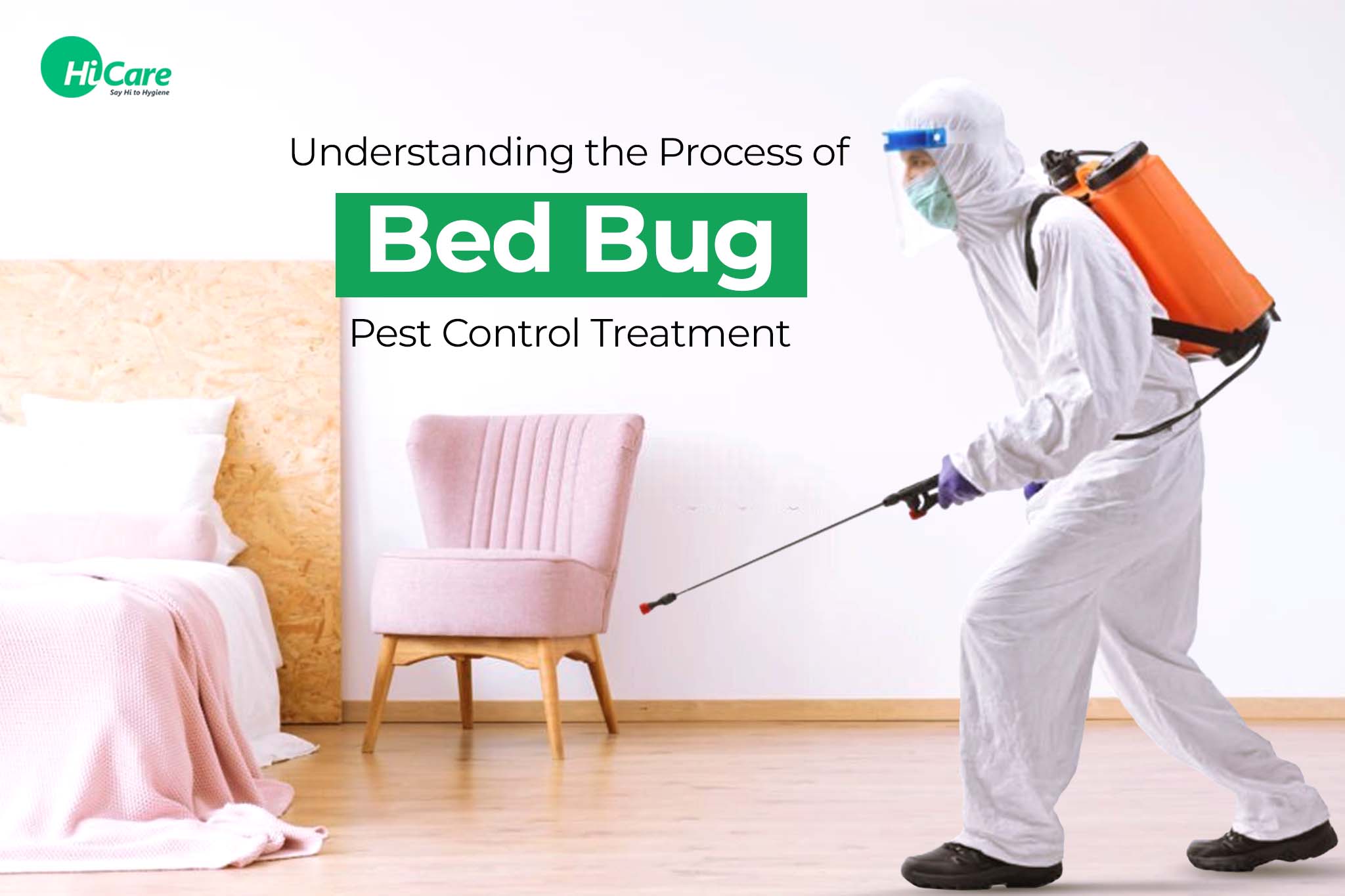Affordable A1 Bed Bug Removal in Houston - Expert Exterminators
Affordable A1 Bed Bug Removal in Houston - Expert Exterminators
Blog Article
Understanding the Lifecycle of Insects for Targeted Control Techniques
Recognizing the lifecycle of bugs is an essential facet of reliable pest monitoring methods. By comprehending the various phases of advancement that parasites undertake, an extra accurate and targeted approach can be taken on to manage their populations. This knowledge not only clarifies the vulnerabilities within the insect lifecycle however likewise leads the way for implementing calculated steps that can interrupt their development and recreation cycles. Through a deeper understanding of just how pests thrive and progress, tailored control methods can be developed to attend to specific points in their lifecycle, eventually leading to more successful parasite administration end results.
Importance of Comprehending Pest Lifecycle
Understanding the lifecycle of parasites is necessary for establishing effective and targeted control strategies in parasite administration. By comprehending the various stages a parasite experiences from egg to grownup, parasite control specialists can determine weak spots in the lifecycle where treatment can be most successful. For circumstances, understanding when larvae are most active can help figure out the optimum timing for using larvicides. Additionally, comprehending the lifespan of a parasite types can assist in anticipating population growth patterns and potential infestation dangers.
In addition, acknowledging the specific ecological conditions necessary for every phase of the insect's lifecycle can assist choices on environment modification or exemption approaches to interfere with the lifecycle and reduce parasite populations. This expertise allows pest monitoring professionals to implement aggressive measures instead than counting entirely on responsive therapies, leading to even more lasting and lasting bug control services. Inevitably, a comprehensive understanding of pest lifecycles equips insect control practitioners to customize their methods efficiently, decreasing ecological impacts and making the most of control end results.
Secret Stages in Pest Advancement
To successfully carry out targeted control methods in insect management, a crucial element exists in comprehensively identifying and understanding the vital stages in insect growth. Insect growth typically is composed of several key phases that are critical for their lifecycle and administration.

Vulnerabilities in Parasite Lifecycle
Throughout the different phases of an insect's lifecycle, distinctive susceptabilities emerge that can be purposefully targeted for efficient control measures (A1 Bed bug Exterminator houston). One critical susceptability exists in the egg stage, where parasites are typically this link more at risk to particular insecticides or organic control agents due to their soft outer shell, making them easier targets for intervention. Recognizing these vulnerabilities in the insect lifecycle is crucial for establishing reliable and exact control methods that successfully take care of insect populaces while reducing environmental impact.
Executing Targeted Control Measures

Executing targeted control actions normally entails a multi-faceted strategy. This might include habitat alteration to make the setting much less welcoming to parasites, such as getting rid of standing water for insect control or securing access points for rodents. Furthermore, biological control approaches can be made use of, where all-natural killers or pathogens are presented to keep pest populaces in check.
Chemical control, such as the careful application of chemicals, is an additional typical method. It is important to use these materials judiciously to lessen environmental effect and potential harm to non-target types - A1 Bed bug Exterminator houston. Integrated Insect Administration (IPM) strategies that incorporate different control actions in a collaborated and sustainable fashion are commonly one of the most efficient in accomplishing long-term parasite management objectives. By executing targeted control procedures based upon a comprehensive understanding of parasite lifecycles, bug populations can be efficiently managed while reducing threats to human wellness and the environment.
Improved Pest Monitoring Practices

Moreover, the incorporation of biological control representatives, such as all-natural killers or pathogens of insects, can help lower dependence on chemical pesticides and advertise a recommended you read much more well balanced ecological community. Executing physical obstacles and catches can likewise belong to improved parasite administration practices, using safe and targeted services for bug control. Furthermore, using pheromones and other semiochemicals can interfere with pest breeding patterns and communication, bring about minimized bug populations with time.
Verdict
By identifying crucial phases in insect development and vulnerabilities in their lifecycle, targeted control steps can be applied to lessen bug populations. Boosted pest management practices can assist reduce the dependence on broad-spectrum pesticides and promote more environmentally pleasant and lasting bug control techniques.
Understanding the lifecycle of insects is vital for creating effective and targeted control techniques in pest management. By understanding the various phases a bug goes via from egg to adult, pest control specialists can identify prone points in the lifecycle where treatment can be most successful. Inevitably, a comprehensive understanding of parasite lifecycles empowers pest control practitioners to tailor their methods successfully, making best use of and lessening environmental influences control outcomes.
By implementing targeted control actions based on a comprehensive understanding of insect lifecycles, parasite populations can be successfully regulated while lessening dangers to human wellness and the setting.
By recognizing essential phases in insect advancement and susceptabilities in their lifecycle, targeted control measures can be implemented to decrease pest populations.
Report this page